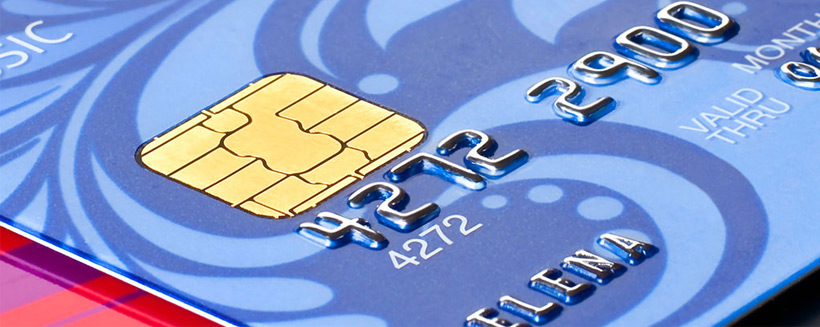Say Goodbye to Magnetic Stripe Credit Cards in October
With the U.S.’s looming adoption of EMV this October, payment industry professionals have warned merchants of the change that will be seen in credit card fraud. The COO of Chargebacks911® and a thought leader in the payments industry, Monica Eaton addresses this issue in a recent article by Apparel News.
The EMV/eCommerce Connection
So how do EMV and eCommerce relate? Eaton explains how criminals that make a living stealing money off credit cards at the point of sale will need to look for alternative avenues to generate money.
These criminals won't change their ways, just their tactics as EMV fraud draws the criminals in:
We have a whole bunch of criminals who steal credit cards. They're not going out of business," Eaton said.
Chip-and-PIN technology will make it a great deal harder to fraudulently access stolen credit card information at the point of sale, so criminals will navigate towards online channels to commit their fraudulent acts.
If criminals are pushed out of one market, they'll find another one. If they cannot rip off goods from stolen credit cards at brick-and-mortar shops, they'll go online," said payments-industry watchers such as Monica Eaton, cofounder and chief operating officer for Chargebacks911, a Tampa, Florida based company that manages chargebacks for retailers.
To reduce the impact of fraud on your business, it is important to listen to industry experts and take their advice. There are a number of different ways merchants operating in the card-not-present realm can protect themselves from becoming victims of credit card fraud.
Online retailers often use predictive analytics programs to root out fraudsters. Eaton suggested that online retailers research and check who is making purchases on their sites.
Question your customer’s details. The customer details can often be the perfect starting point to detecting fraudulent transactions.
Some common signs that a transaction is fraudulent include:
- The billing address differs from the shipping address.
- A number of different payment cards have been used to process several different transactions, all of which get shipped to the same address.
- Larger-than-normal orders that provide optimal resale value.
Eaton commented further.
Some hallmarks of fraud, she noted, include a card's shipping and billing address are markedly different, such as the shipping address is in Florida, but the billing address is in Colorado. Or the same shipping address is used with 40 different credit cards. "Look for bogus emails" Eaton said. "It might be connected with a fake person."









